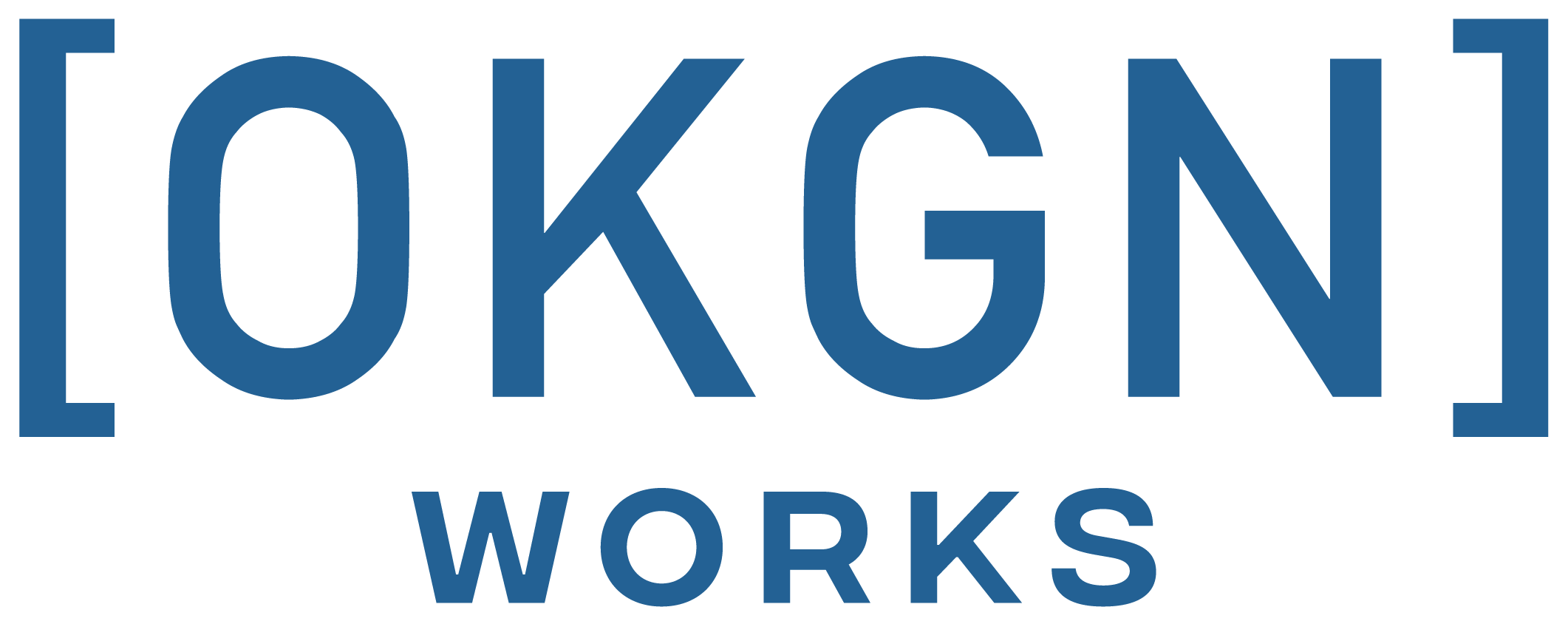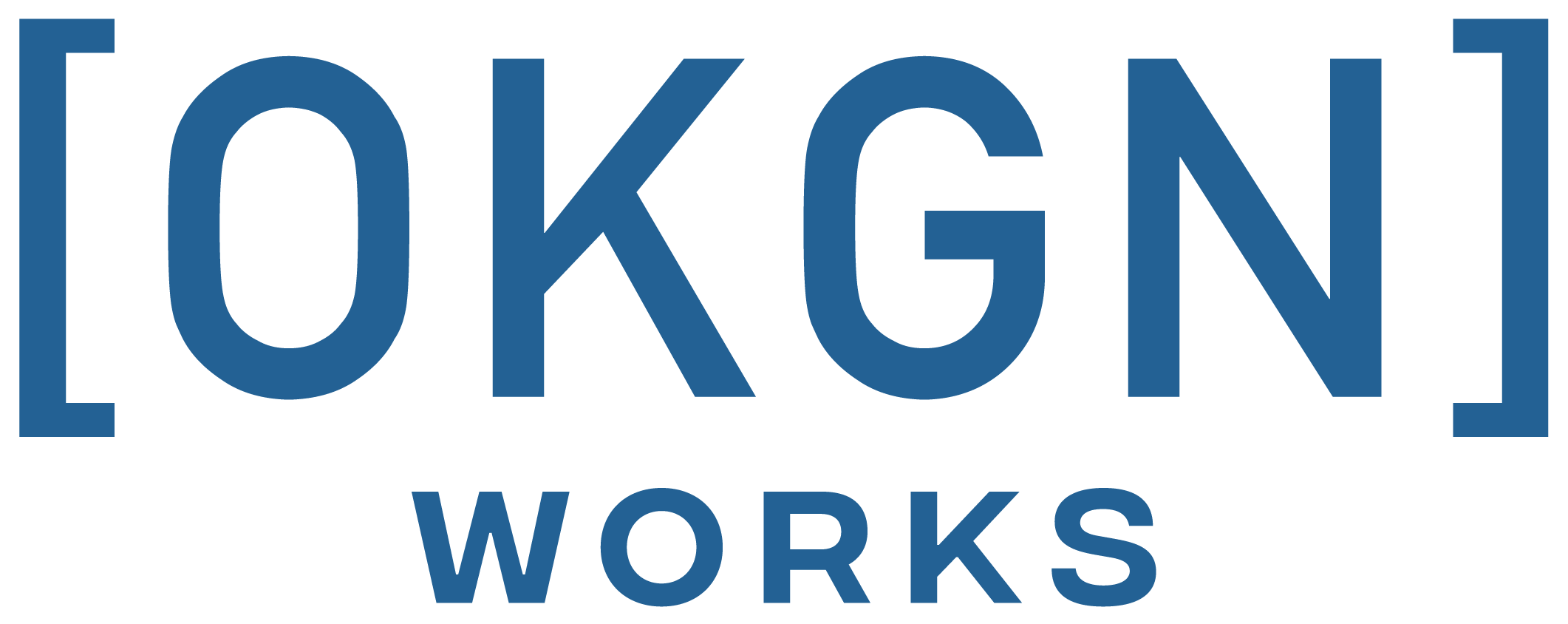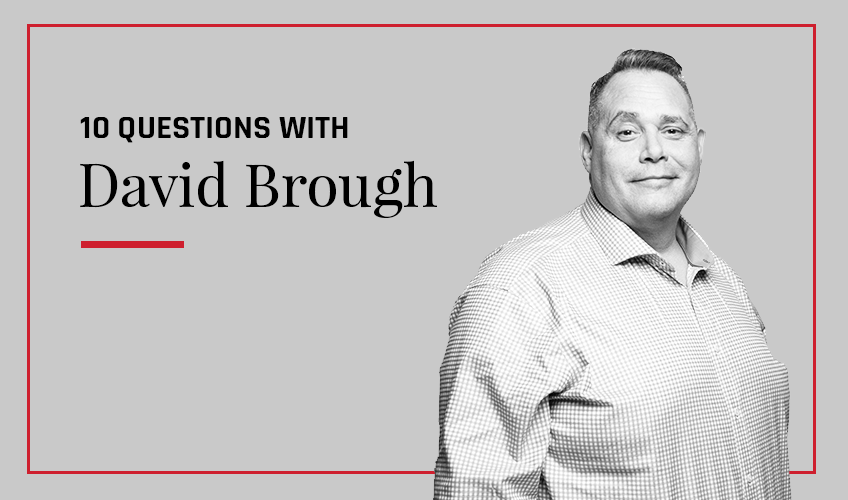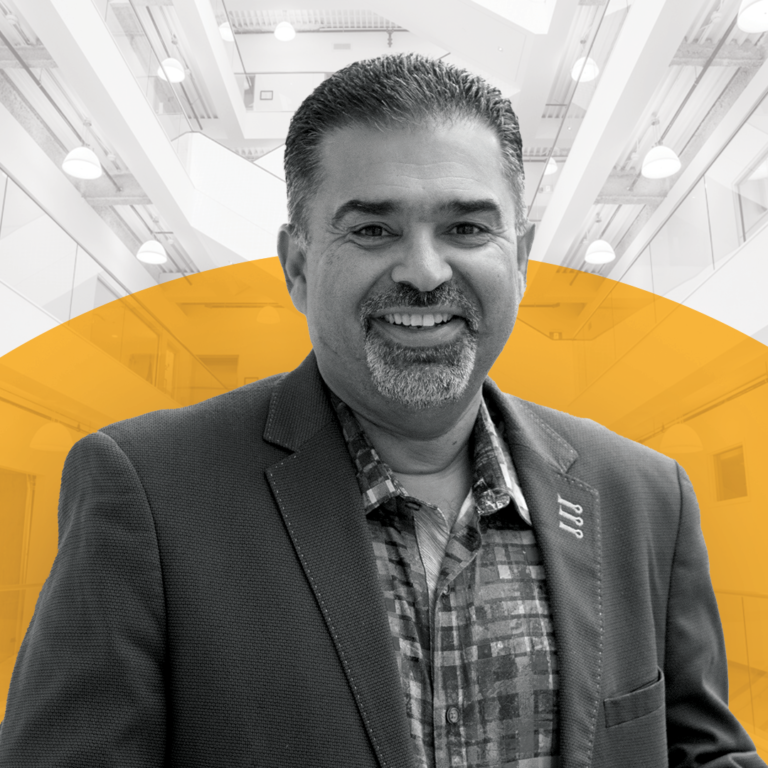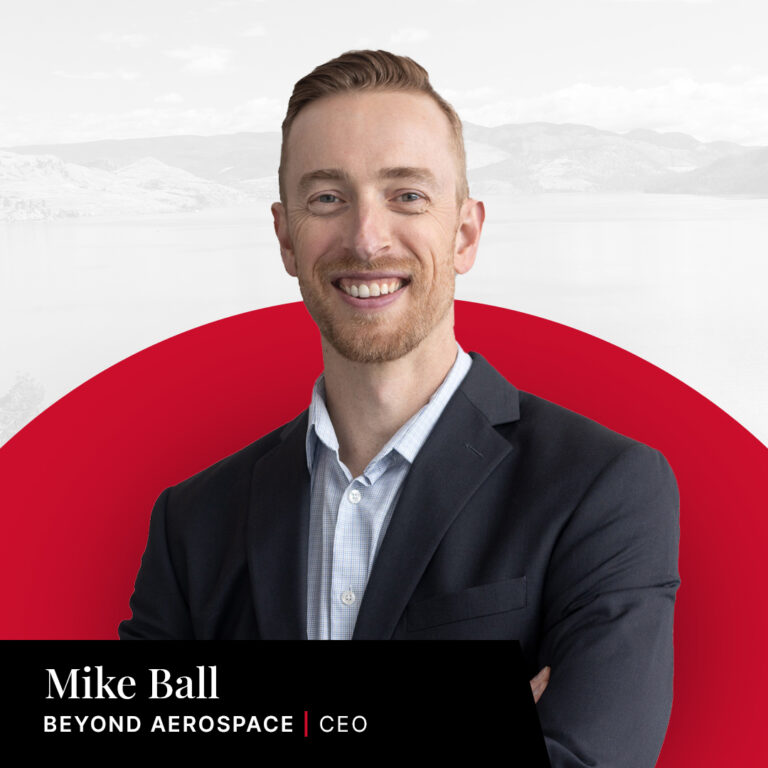
In starting a business, there are fewer things more valuable than confidence. When you’re leading a team, choosing the direction of your business, or pitching your plans for investment, you need to be the single source of truth for how the company will impact your industry. Determination and great ideas can create entrepreneurs but having the confidence to parlay those skills into a growing business is critical.
Confidence does not stay with you, it is something that needs to be maintained and cultivated. However, applying the right mindset to perpetually seek out the experiences and colleagues to support that confidence is something you can hold onto.
Klonetics, the leading service provider of tissue cultured cannabis starting materials, was created by people outside the traditional cannabis industry. This resulted in more than a few raised eyebrows from industry members when they entered the scene.
Hailing from a variety of successful ventures and an incomplete college degree, David Brough started the company by applying a lens developed during his time in oil & gas. This allowed Klonetics to introduce a new method of operating to the cannabis industry—enabling growers to maximize revenues, lower risk and increase yields.
We caught up with Klonetics’ co-founder and CEO, David Brough, to find out about his unique approach to leadership and what lessons he’s taken from both his failures and successes.
1. What would you say is the main strength that you bring to Klonetics?
My talent is having vision paired with the confidence and will to take risks in order to accomplish that vision. When I went to my first big meeting in New York, everybody in the room had more money in their wallet than I had in my bank account. These were all Wharton, Yale, Harvard graduates, but no one asked me what University I went to because I knew my business. I never lied to anybody, but I never let them intimidate me. You need to act as if you belong in that room, or else you won’t belong in that room.
2. What allows you to have that confidence and vision?
It’s about learning as you go and having that on-the-ground, in-the-dirt education. When I used to go to meetings in Calgary, I would wear a very nice suit. But when I left the meeting, I would put on my work boots, a vest and a hardhat and physically show up to worksites as the CEO and work next to my people in the field. If your hands are too clean to do the actual work in your business, you have no business being there.

3. What are some hiring practices you’ve followed in your companies?
You gotta have a dream maker, you need someone who can build a company and make it work. You need to be able to bring in people who share your vision and want to help you grow it. I was always smart enough to bring people into my companies who were smarter than me. For CEOs who think “well, I don’t want them taking my job,” then you shouldn’t have your job. Your ability to execute in your position should be all the security you need, not holding X amount of shares or refusing to hire people smarter than you.
4. How do you make sure that employees are bought in?
As an entrepreneur, you come to understand how much it costs to put a computer at someone’s desk and keep the lights on in the building. A lot of employees will take for granted that they get a paycheque at the end of the month. In my companies, I would take my key team members, who I knew were smarter than me in their areas of expertise, and I made them all owners. That gave them skin in the game. That’s the difference between someone that works for a company and somebody who builds a company.

5. What is most important to you in the work you do?
I used to build my own rail yards. One day, as I pulled out of the driveway of our plant, I stopped by the side of the road and asked my legal counsel, who I had dragged with me, to look in the rear view mirror. I said, “you see those men walking around the yard? Everyone’s working and their families are going to eat tonight. When I came out here, that was just a field. We built that.” If you’re a human being who wants to see other people succeed, you can do that as an entrepreneur. You can change people’s lives.
6. Do you see value in making mistakes?
I see a lot of young CEOs walking around like they got it all figured out. I just think that they’re about to get it figured out for them. That’s okay. That’s how you learn. You can be in business for 100 years and not have it all figured out. Did I make mistakes in business? Plenty. But I made sure I didn’t make the same mistake in my next business. I had a guy request some references and later asked why no one had anything bad to say about me. I told him that he didn’t ask for that list. I’ve got one for them too.

7. What is some advice that has helped you in starting businesses?
The biggest message to entrepreneurs, and those who are looking to start companies, is that you don’t need to invent the next greatest thing—you just need to do it better. It doesn’t need to be something that is going to be the next tech revolution. We can all believe that social media is a big tech giant, but they’re all just variations of the same thing. People are finding ways of reinventing these business models and turning them forward.
8. How has your work history helped you in your current business ventures?
I went to a conference in Vancouver, and had a guy say, “but you’re not a cannabis guy.” I said, “lucky for you.” I had no intention of being the cannabis guy, I’m the business guy. Oil and gas companies are land acquisition companies that bring on 50 different service companies to accomplish the job. By applying that same model to the cannabis industry, Klonetics can help growers increase their bottom line profits by 31-47%. It’s about building something that helps another company become more efficient, more profitable, and makes them stronger while also making you stronger.

9. What is one thing you know now that you wish you knew when starting Klonetics?
Because we were new to the cannabis industry, Klonetics had to rely on other people to tell us how to start the business—some didn’t act appropriately. Ironically, we should have been more confident that our business model, and how we do businesses, was good enough. I don’t need to be one of the world’s top breeders to succeed in cannabis. If I have questions, I’ll ask my team who are experts in their field.
10. What is one piece of advice you would share with someone wanting to go big?
Be prepared to work. Be prepared to pivot. Be prepared to be diverse. Be confident because, when you go out and raise money, you’re selling them a 9 cent piece of paper and a dream. If you don’t believe in yourself, don’t ask me to give you money. You have to be confident enough and build a team that wants to execute on the business in order to make it work.
